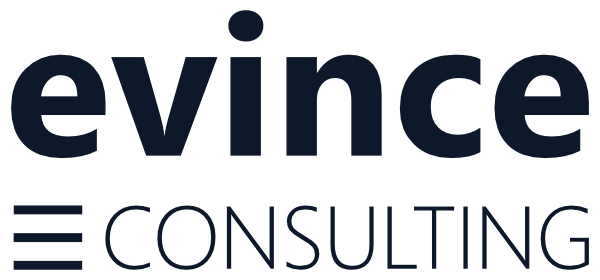Plans are worthless but planning is everything

“Plans are worthless, but planning is everything.” This memorable quote from Dwight D. Eisenhower captures a vital truth: the value in planning lies not in the final plan itself but in the journey of creating it. The exercise of planning forces us to lift our heads from daily tasks, consider our broader objectives, and imagine what’s ahead. This can be a powerful yet often overlooked process that brings new insights and a clearer perspective—an invaluable approach in business, personal goals, or any form of strategic decision-making.
Many of us struggle with planning, mainly because past experiences often remind us of plans that went unfulfilled. We start to view plans as futile or even superfluous, holding back from putting effort into creating them. But this hesitation to plan stems from a misunderstanding of the purpose of the planning process itself. Planning isn’t about locking down a rigid path; rather, it’s about opening up space to explore different directions and prepare for unforeseen events.
Embracing the Process of Planning
When you embark on planning, you’re essentially mapping out different scenarios, identifying potential obstacles, and exploring various paths to achieve your goals. This process lets you think differently and look ahead, crucial in helping us step away from the immediacy of day-to-day work and dive into a more reflective mode. Without this pause to plan, we may miss opportunities to anticipate future challenges, leverage new trends, or avoid risks that could undermine our objectives.
In a business context, planning allows teams to align on goals, understand roles, and examine how resources will be allocated. It encourages constructive debates, sparks fresh ideas, and helps unify vision and purpose. Whether or not the final plan is executed as originally envisioned is often secondary to the collective insight and perspective gained during the process.
Why We Resist Planning
Our resistance to planning often comes from past experiences with plans that didn’t pan out. Many of us have created plans, both in work and life, that eventually went unused, leading us to question the value of the effort. However, it’s not the plan itself that’s most valuable but the preparation, thought, and learning involved.
This resistance can also stem from the feeling that a plan limits flexibility. It’s easy to feel that sticking to a specific course of action could mean missing out on new opportunities or failing to adapt. However, a well-considered plan is a living document, something that can—and should—change. Planning is about preparing, not setting rules in stone. When circumstances shift, so should the plan. This adaptability is a crucial part of what makes planning beneficial in the first place.
Plans Are Meant to Change
One of the most important lessons in planning is understanding that change is inevitable. This flexibility is central to effective planning. In both personal and professional contexts, circumstances can change rapidly, and sticking to a rigid plan may end up doing more harm than good. Successful planning accounts for this by acknowledging that plans should evolve. The idea is to remain open to adjusting as new information emerges or as conditions change, all while maintaining sight of your overarching objectives.
To truly benefit from planning, think of plans as frameworks, not as final blueprints. They are reference points rather than strict pathways. A plan should guide decision-making and provide a sense of direction but should never be viewed as absolute.
The Planning Mindset: Why It Matters
Cultivating a planning mindset means embracing the act of planning as a valuable exercise. Rather than getting frustrated with deviations from the original plan, we can begin to appreciate the process of recalibrating and updating our approach based on real-world conditions. This adaptability is often what differentiates successful projects and ventures from those that stumble. The planning mindset allows us to stay proactive, learn from each iteration, and avoid feeling derailed by unexpected changes.
Tips for Embracing the Value of Planning
- Set Clear Objectives: Before you start planning, clarify what you’re trying to achieve. Define your goals, but stay flexible in how you might reach them.
- Accept Imperfections: Plans will rarely go exactly as anticipated. Instead of expecting perfection, embrace the learning that comes from adjusting and improving your approach.
- Involve Others: In business or group projects, planning collaboratively can generate diverse ideas, provide new perspectives, and ensure alignment among team members.
- Prepare for Change: Build flexibility into your plan by regularly assessing progress and making adjustments as necessary. Remember, it’s the act of planning that keeps you prepared for the unexpected.
- Reflect and Refine: After implementing any part of your plan, take time to reflect. What worked? What didn’t? Use these insights to make your next plan even stronger.
Conclusion: Planning as a Valuable Exercise
In a world of constant change, it’s easy to dismiss planning as an exercise in futility. Yet, the act of planning is a skill and habit that can profoundly shape our ability to respond to new challenges, stay aligned with our goals, and continue making progress despite unforeseen obstacles. When we let go of the need for our plans to be flawless and instead focus on the planning process as a valuable tool, we open ourselves up to new possibilities and are far better equipped to handle the unexpected.
So, let your plans change as they need to—but never forgo the exercise of planning. By committing to planning, you commit to understanding, anticipating, and growing. And that’s where the true value lies.
Get in touch with evince Consulting for a free strategic assessment to get started.



